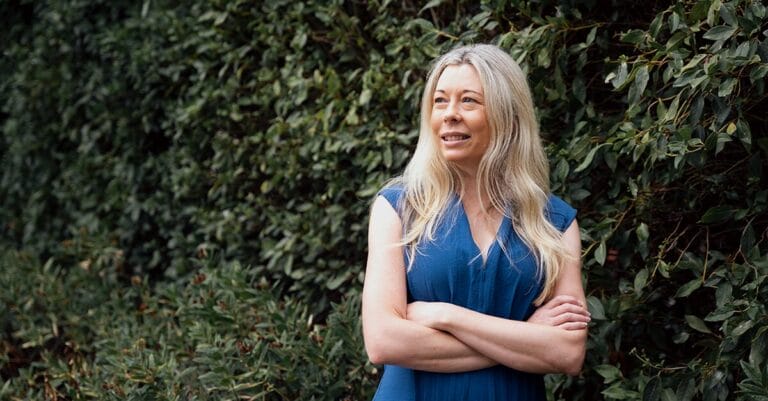

For Drysdale, who until recently lived in New Zealand’s largest city, Auckland, the latter half of last year was enervating due to the city experiencing a 107-day lockdown, the intention being to stop the spread of Covid-19. What hit home for him during this period was that flexible working really works. He believes the productivity of people increases when they are able to embrace the way they work best, whether that be in an office, remotely, in the early hours of the morning or late in the evening.
“I think that inherently you enjoy what you do a lot more because you’re doing it on your terms, which equals better productivity and a better business product.
“I also think there’s this confusion between flexible working meaning ‘you are allowed to work at home one day a week’ versus true, flexible working, which is ‘I pay you to do a job and you just get the job done on your terms’,” says Drysdale. As someone who is both a manager and an employee, he continues to work through these perceptions, navigating flexible working in a way that truly embraces the concept.
Drysdale recently moved to Sydney. He manages a team in China and the time zones align better from Australia than New Zealand. He views the move as a positive, saying change is always good. Also, working across multiple time zones is challenging and requires “great communication to ensure expectations are met”.
Establishing the parameters in which he works with the business has been crucial to facilitating a smooth transition to a remote work situation in Sydney. Drysdale points out that his role as In-House Counsel is an independent one and his primary reason for being in an office was social connection – “having a yarn” – and using resources such as the printer. “Ultimately, everything I do and how I interface with the business is through my laptop.”
One of the challenges Drysdale faced last year with having a remote team was understanding genuinely how his teammates were feeling. “While technology is great, we need an element of human interaction in order for proper social groups to form cohesively.” He is looking forward to the time when international travel resumes, and it’s easy, and catching up with his team in person. As good as technology is, it doesn’t completely replace seeing someone face to face.
For the year ahead, Drysdale is focused on looking internally as his last three years with ZURU have been outward focused – on contracts, commercials and growth. “We’ve been critiquing everybody else, which is part of that risk mitigation role, but I’ve been sitting atop a hill. Now it’s time to look down at my own camp and get our house in order,” he says.
Getting the house in order looks like improving processes and communication within the legal function, as well as doing an internal review to establish if there are any gaps. Drysdale believes it important that all in-house counsel contribute to this review to ensure their concerns are heard and they play a genuine part in how the department is built, giving his team ownership of and pride in the function.
It also means formalizing legal software processes with the wider business. The team has been using LawVu for the past 12 months, by providing some designated training to other departments will clearly establish ZURU’s triaging, review, and sign-off process through the legal workspace. “I think optimizing that triage process for contracts coming in and sorting of commercial matters will help free up time to do the fun projects,” Drysdale says.
Growing the team’s technical expertise is also a goal. “In-house lawyers are great generalists. You need to have enough knowledge across enough different areas so that you can interface with your external lawyers to actually understand what’s going on.”
Upskilling the team’s knowledge in fringe areas of contracts will allow them to be more prepared and less reliant on outsourcing this type of work.
Drysdale’s proudest moment of 2021 was his team making it through such a challenging year. “A team of five to seven individuals did the legal work for a multi-million dollar multinational consistently for 12 months without falling apart despite a heavy workload, changing environments, and the pandemic.”


